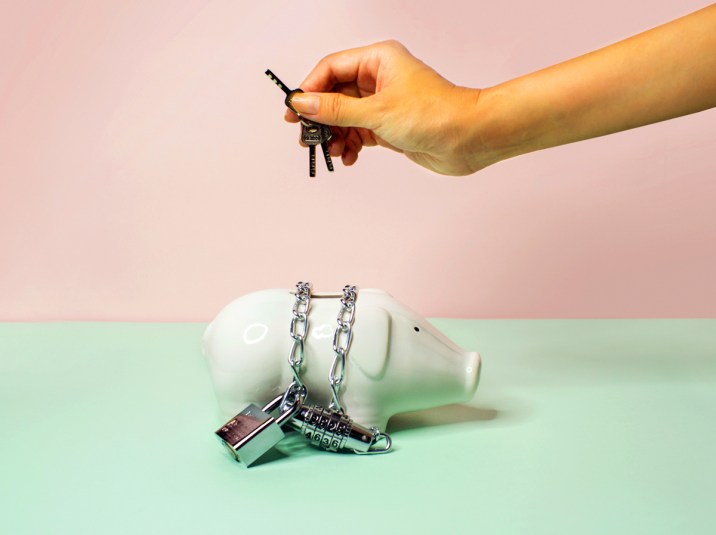4 Ways to Keep Your Money Safe — For Free

Fraudsters scam Americans out of nearly $17 billion every year. Luckily, the tables are turning, thanks to these easy no-cost ways to protect yourself.
Activate extra protection
Many banks, credit card providers, and other businesses now offer free ways to help keep hackers out of your accounts. For instance, you can sign up for email or text alerts of transactions so you can block unauthorized charges. And they may offer “two-factor authentication,” which lets you set up a second log-in requirement, such as typing a PIN. “This provides an extra layer of protection so even if an attacker learns your password, they still can’t access your account unless they are able to also break the second factor,” says Lorrie Cranor, director of the CyLab Usable Privacy and Security Laboratory at Carnegie Mellon University. Call companies you do business with to ask what extra online safety measures are available to you.
Get a preview of your mail
In a recent U.S. Postal Service annual report, more than 60,000 people had checks, credit cards, and other information stolen from their mailbox! To protect yourself, sign up for the USPS’ free “Informed Delivery” service at Informed Delivery. “The postal service scans envelopes and sends you an email every morning with images of all the mail that will be delivered,” says Cranor. “If you see something in the email that doesn’t show up in the postal mail, there’s a good chance it was stolen.” You can then take action to protect yourself, such as having a check or credit card canceled.
Log on for password help
Weak and stolen passwords account for 81 percent of hacked accounts, research shows. Regularly changing yours reduces your risk, and so do difficult-to-guess passwords. To make that easy on you, Cranor suggests using a free password manager, such as LastPass. “This kind of program generates and stores random passwords — the most secure type — so you don’t have to try to remember them all.”
Sign up for a credit freeze
The latest stats reveal that nearly 17 million Americans a year are victims of identity theft. The good news? As of last fall, new federal legislation makes it free to set a “credit freeze.” “A frozen credit report will be inaccessible if identity thieves apply for credit cards or loans in your name, so they’ll be denied,” explains Amy Thomann, head of consumer credit education at TransUnion. To do, simply request the service from all three credit reporting bureaus: Equifax, Experian, and TransUnion. And for extra protection, sign up for a free credit monitoring service (such as Credit Karma) to get notified if any new accounts somehow do make it onto your credit report. That way, you can report it quickly and shut down any fraudulent activity.
This story originally appeared in our print magazine.
We write about products we think our readers will like. If you buy them, we get a small share of the revenue from the supplier.
More From Woman’s World
4 Smart Ways to Spend Less Money This Summer
18 of the Best Senior Discounts You Need to Know
11 States Where Stores Are Required to Give You Cash for Your Gift Card













